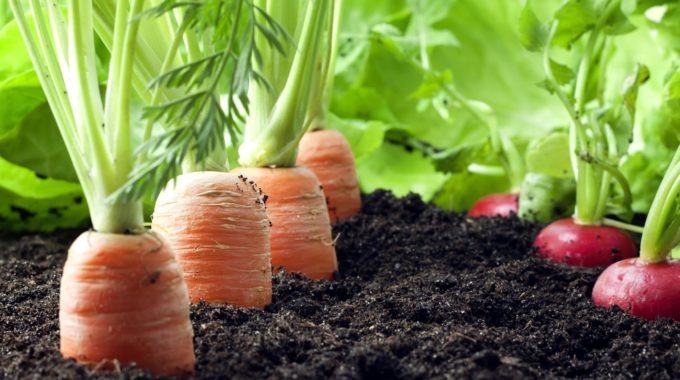Growing your own fresh food safely
Spring is the perfect time get out into the garden and start pottering about. Especially for those of us still in lockdown who are looking for something to do on the weekends that doesn’t involve sitting on the lounge eating chocolate. Communing with nature and growing your own fresh produce – even if it’s only in a small inner-city courtyard or on an apartment balcony – is good for the mind, body and soul, and home gardening offers countless rewards. But it’s important that you’re growing your own food safely.
While it sure feels pretty darn good to grow your own food, the Food Safety Information Council wants to remind all you budding green thumbs that you need to make sure your homegrown produce doesn’t get contaminated with microbes that can make you sick.
Food safety is one of the main reasons why people choose to grow their own food. However, foodborne illnesses are almost as likely to be caused by homegrown produce as they are by fresh foods bought elsewhere. Luckily, you can easily avoid food poisoning risks and other potential health problems by following these simple food safety tips.
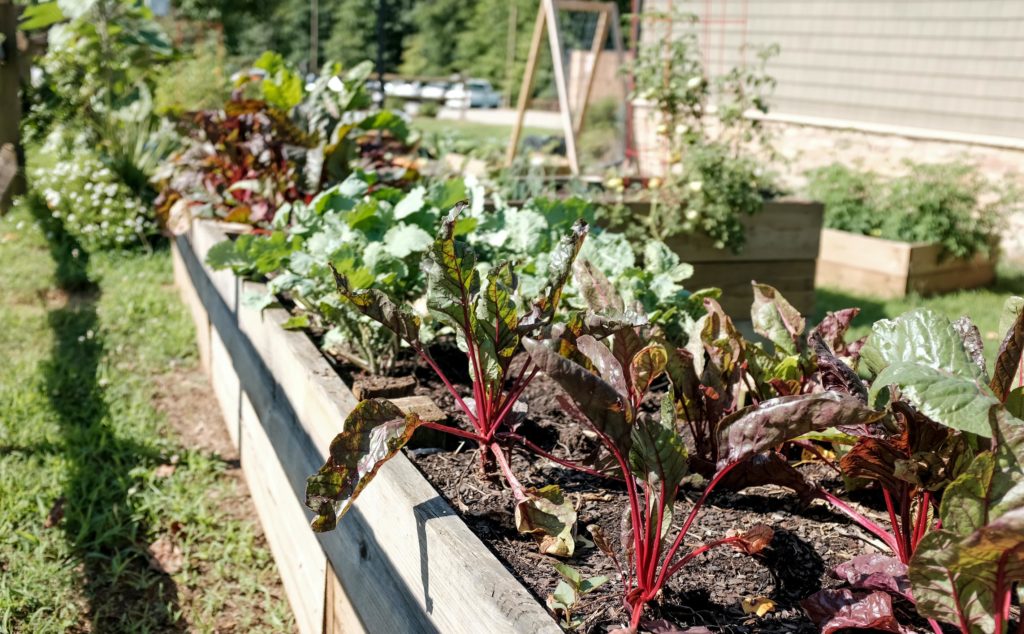
Locate your garden beds in a safe spot
Locate your vegie patch in a convenient spot but choose a site away from any potential hazards. For example, if you have an older building, avoid using soil that could have been contaminated by scrapings of lead paint from many years ago. If your soil is close to a busy road, it might have been contaminated by leaded petrol. Yes, this was banned back in 2002, but once lead contaminates soil, it can stay there for thousands of years.
A recent Macquarie University study found that more than a third of the soil tested across thousands of Australian homes had unsafe levels of lead. If you’re concerned, grow your vegies in a raised garden bed with new soil and away from the house or septic tanks. Or you can send your soil away for testing, thanks to Macquarie University’s VegeSafe program. If you want to get your soil tested, head to the VegeSafe website and follow the instructions.
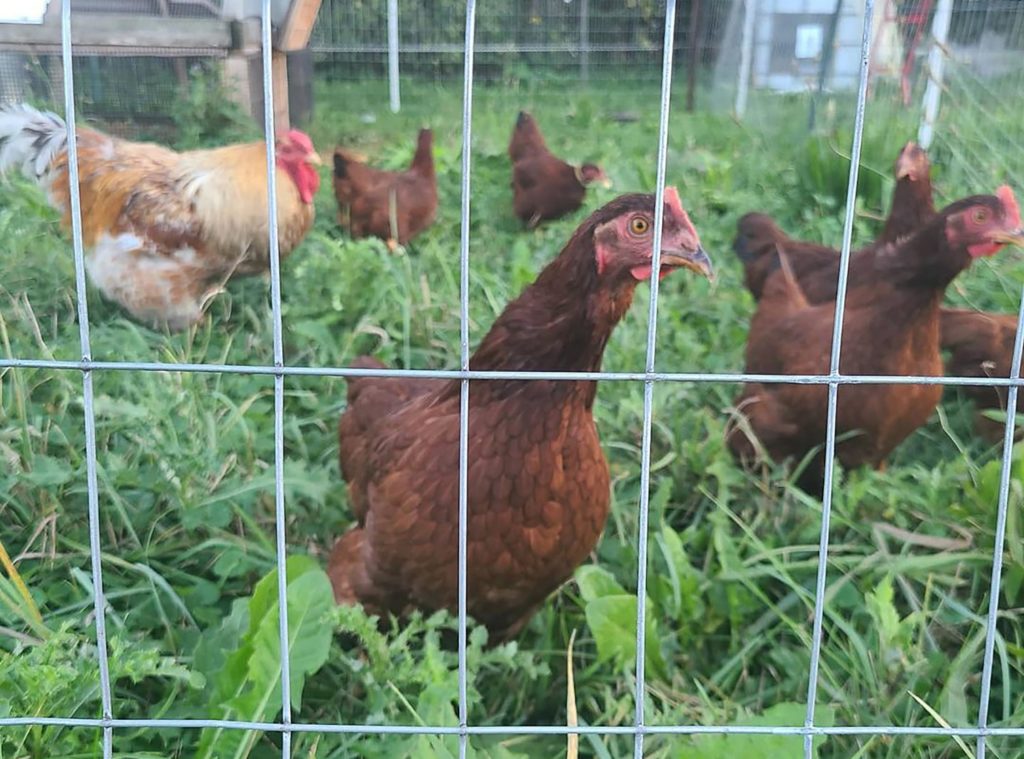
Don’t let animals poop on your plants
Keep your pets and chooks away from your vegie garden so they can’t poop on or around the food plants. There have been food poisoning outbreaks traced back to bird droppings and contamination from other animals and pests. You should also trim back any tree branches that are overhanging your garden. These can be the perfect toilet stop for birds, whose droppings might contaminate your fruit or vegies.
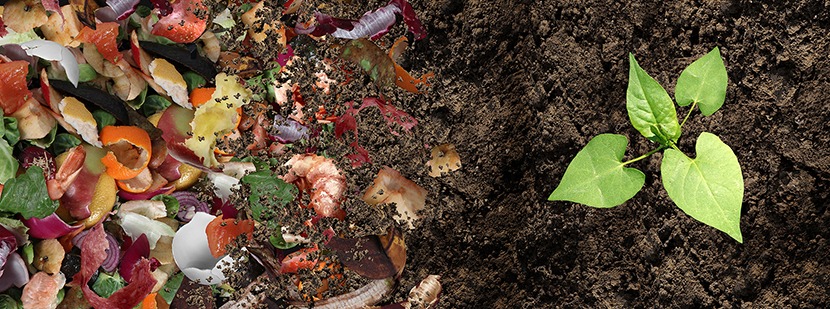
Compost safely
Vegies need lots of nutrients, but make sure any compost is well composted. The heat generated by the composting process not only kills any weed seeds but also helps kill food poisoning bacteria. Prevent easy access to your compost bin by vermin and pests like mice and rats, which can spread disease. And don’t compost meat scraps which can attract vermin. You can also use reputable commercial compost and fertiliser mixes.
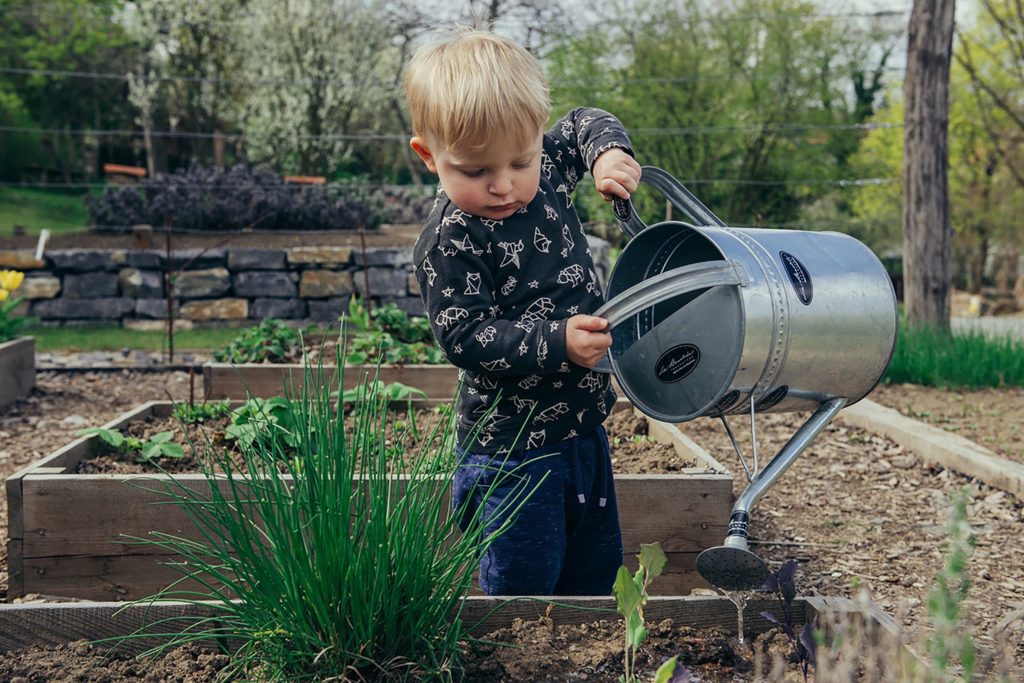
Use clean water
If you want to recycle “grey” water from the washing machine, it will contain microbes, so don’t put it onto the edible parts of fruit, vegetables or herbs growing in the garden. Also, water from the washing up or dishwasher may have too much fat and other solids, which can be bad for plant growth. Only use water that you’d drink on your fruit and vegetables.
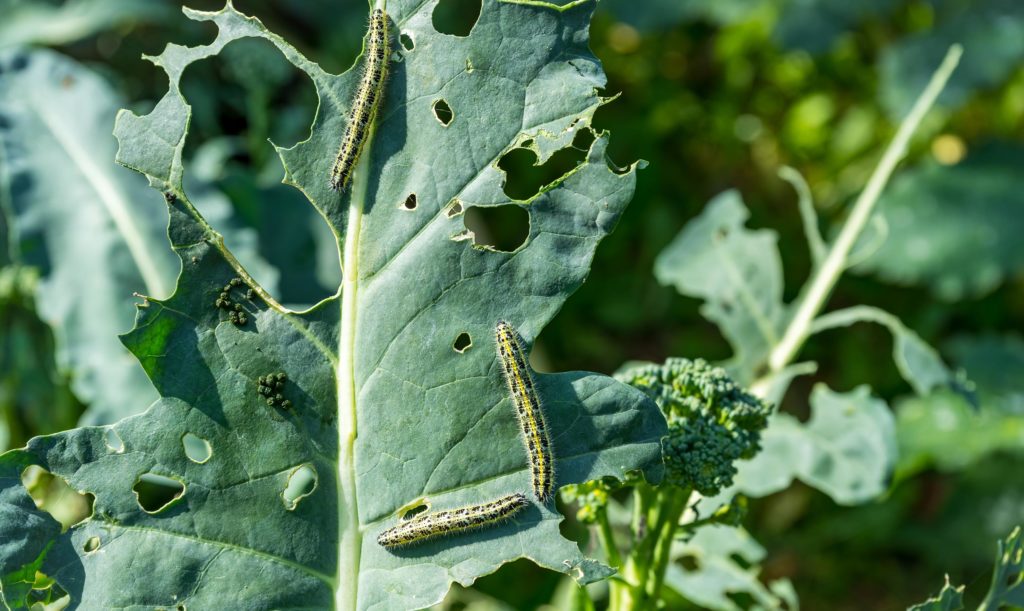
Follow instructions on garden chemicals
Weeds, bugs and fungi love spring, too. But try to minimise the use of garden chemicals like pesticides and herbicides. Also make sure you follow the directions on the label exactly. Don’t spray other areas of the garden in windy conditions in case the spray drifts onto your fruit and vegetables. Some chemicals will have withholding periods you need to follow before you can harvest any fruit or vegetables that have been sprayed.
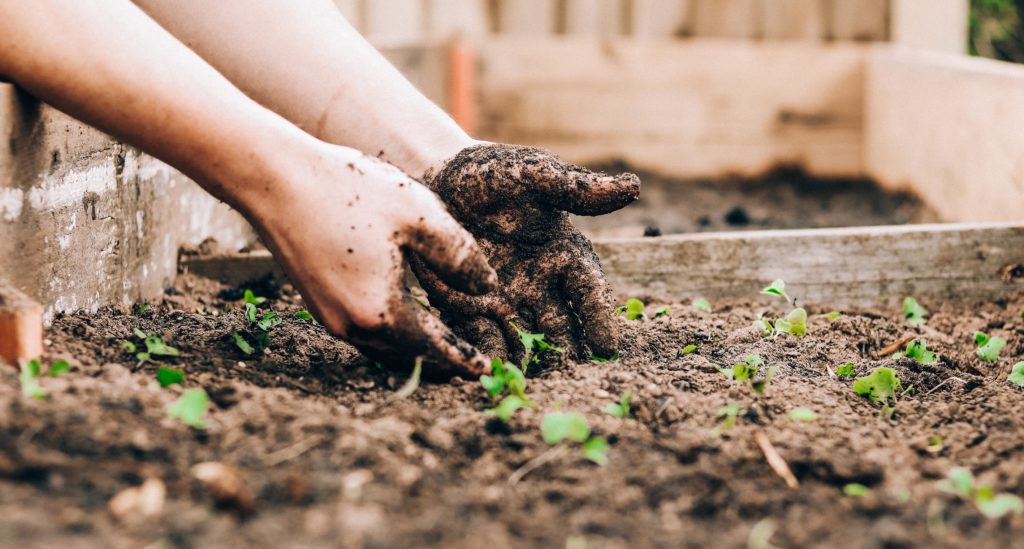
Clean gardening tools and hands after gardening
After gardening, always wash your hands with soap and running water and dry them thoroughly, even if you’ve been wearing gloves. Soil is likely to contain microbes that could make you sick. Use a nailbrush to remove dirt from underneath your fingernails, too. Tools and equipment like secateurs and spades can also spread microbes and plant diseases. So make sure to clean them regularly, especially before harvesting food. And if you use a watering can, remember this needs a good clean out every once in a while, too.
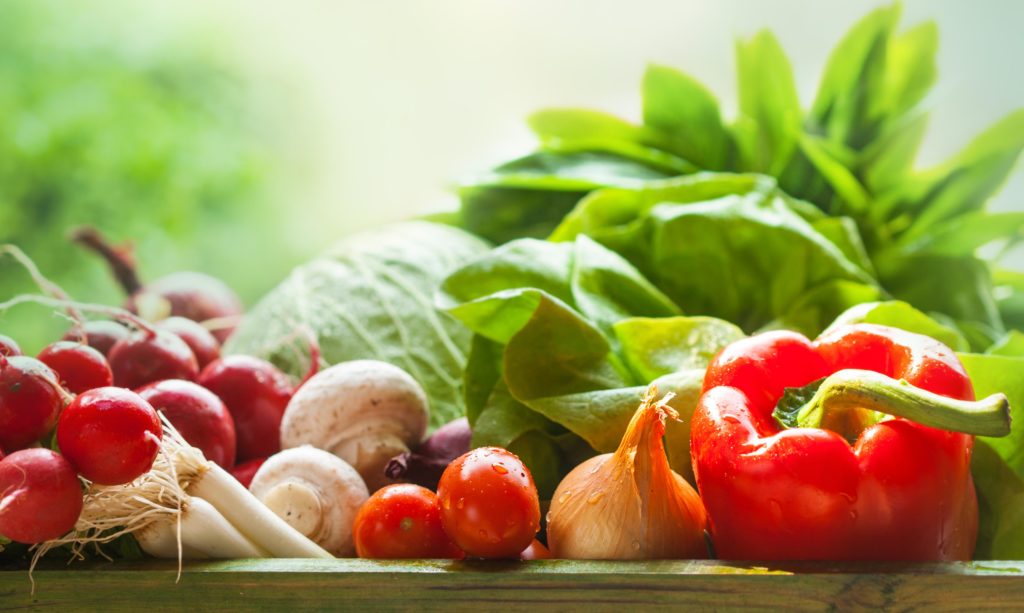
Wash and dry harvested food before eating
Don’t forget to wash and dry your fruits and vegetables before eating. Whole fruits and vegetables will be contaminated by soil on their surface. Scrubbing and washing them under clean running water just before eating will remove any loose soil. This can also remove many bacteria and viruses. Removing the skin does this too, but that’s often where the best nutrients are to be found. If you’re elderly, pregnant or have a weakened immune system, choose fruit and vegetables that are easy to clean. You should also avoid curly leaf herbs and vegetables or rockmelons that have a netted surface.


